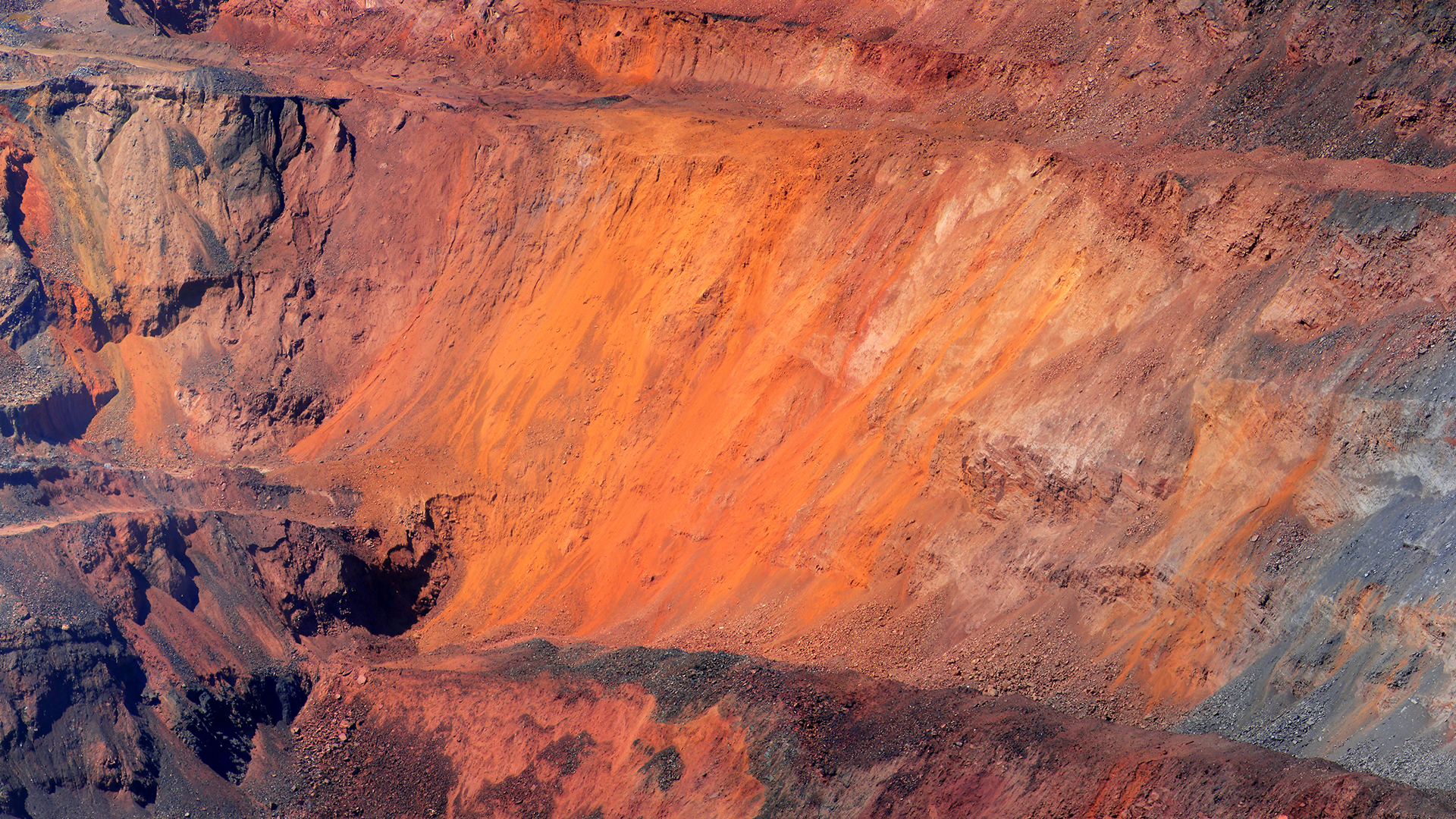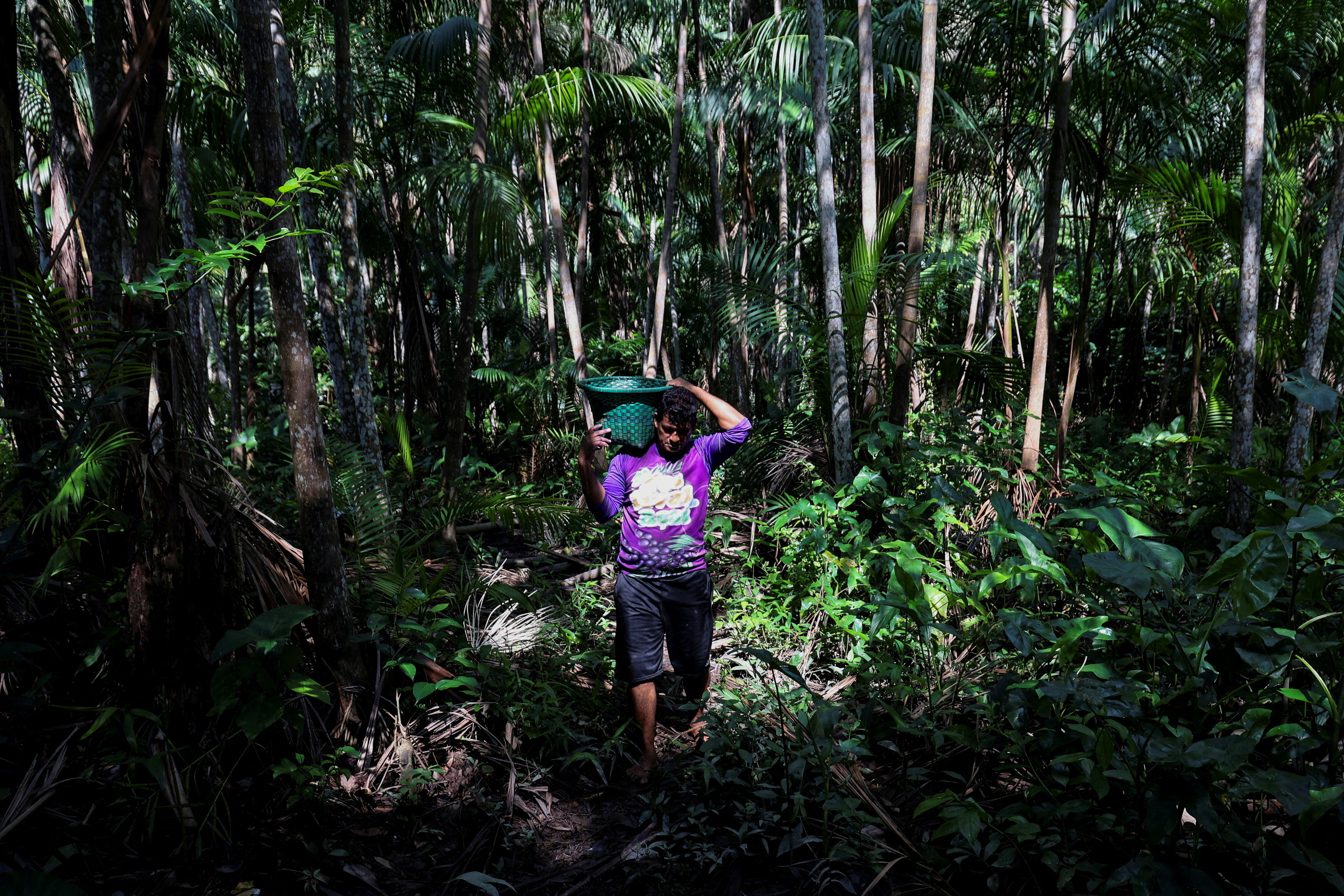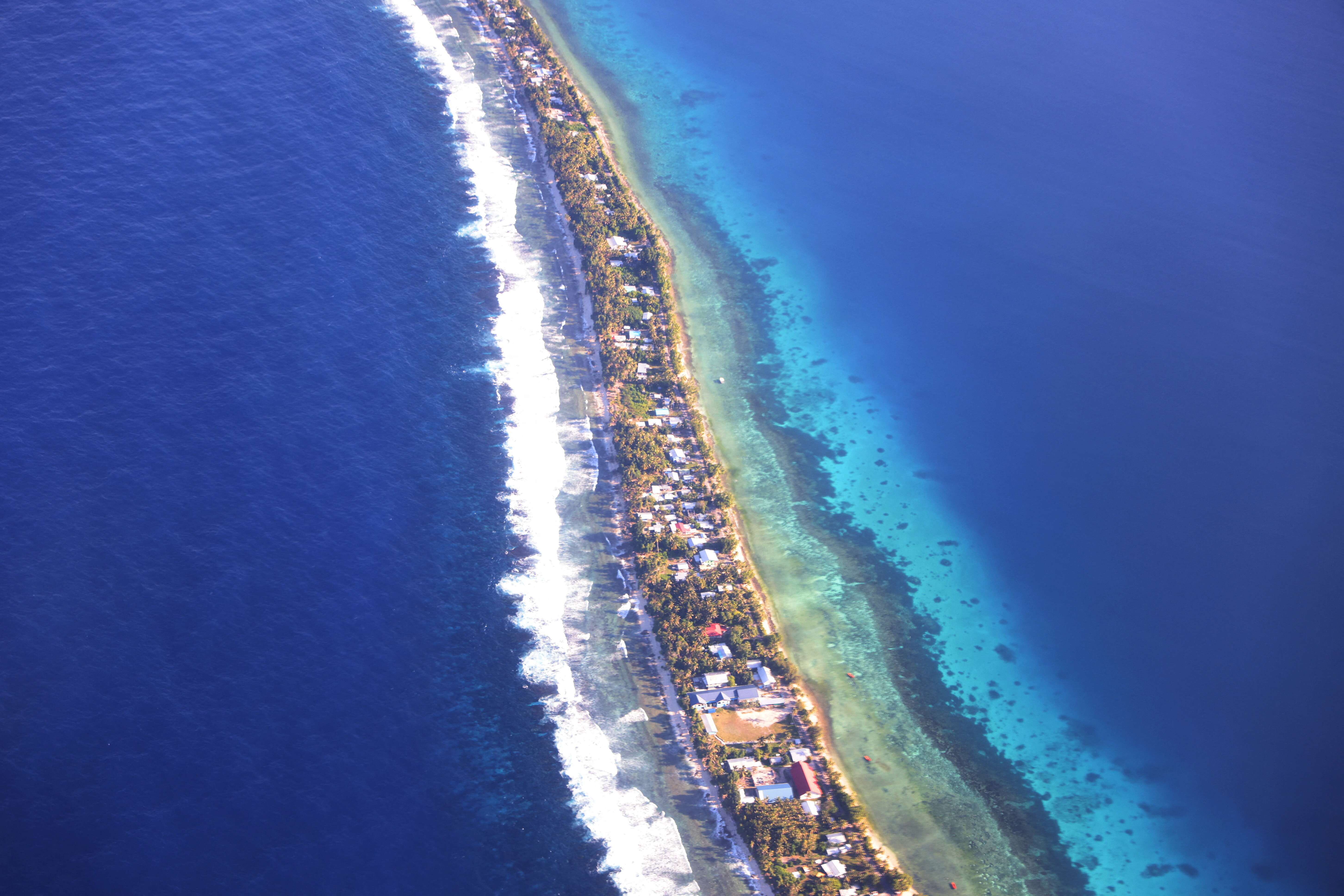Climate crusader Greta plans to sail to the Americas on a transatlantic, zero-carbon voyage

Thunberg's transatlantic trip is expected to take about two weeks.
Image: Team Malizia
Stay up to date:
Climate Crisis
Swedish teen activist Greta Thunberg is taking a year off school to pursue her campaign to curb global warming in the Americas, which she will reach by sailboat on a transatlantic voyage.
She will travel from Britain to the United States, leaving in mid-August on the Malizia II, a racing boat fitted with solar panels and underwater turbines that produce electricity onboard, making the journey zero-carbon, a statement said on Monday.
Once she arrives, the 16-year-old plans to join large-scale climate demonstrations, and speak at a climate action summit hosted by the U.N. chief in New York City on Sept. 23.
Thunberg will then use low-carbon transport to travel to the annual U.N. climate conference in Santiago, Chile, in December, with stop-offs at other Latin American sites that are key to tackling climate change, as well as visiting Canada and Mexico.
"During the past year, millions of young people have raised their voice to make world leaders wake up to the climate and ecological emergency. Over the next months, the events in New York and Santiago de Chile will show if they have listened," she said in a statement.
"Together with many other young people across the Americas and the world, I will be there, even if the journey will be long and challenging. We will make our voices heard. It is our future on the line, and we must at least have a say in it," she added.
In August 2018, Thunberg started a weekly school strike on Fridays, taking up a vigil in front of the Swedish parliament calling for greater action on climate change.
Her example has since inspired a global movement of hundreds of thousands of young people who have also skipped school in more than 150 countries to express their frustration over inadequate measures to limit global warming.
Thunberg's transatlantic trip is expected to take about two weeks.
Greta's father and a filmmaker will join her on the boat, to be captained by race skipper Boris Herrmann and Malizia team founder Pierre Casiraghi, who have donated their time.
Casiraghi said the team was "proud to take Greta across the Atlantic in this challenging mode of transport".
"Unfortunately today this is the only way without fossil fuel emissions. Hopefully this will change in the near future," the Monaco prince added in a statement.
The sailing duo also run a project aimed at teaching children about climate change and the ocean, and measure ocean carbon dioxide via an onboard sensor on all their trips.

In recent speeches, Thunberg has implored policy makers everywhere to listen to what scientists have said about the need to start reducing greenhouse gas emissions fast to meet the goals of the 2015 Paris Agreement.
Under that pact, governments committed to limit the rise in average global temperatures to "well below" 2 degrees Celsius (3.6 degrees Fahrenheit) above pre-industrial times, and ideally to 1.5C - but the world has already heated up by about 1C.
"We must start bending the emissions curve steeply downwards no later than 2020, if we still are to have a chance of staying below a 1.5 degrees of global temperature rise," Thunberg said.
"We still have a window of time when things are in our own hands. But that window is closing fast. That is why I have decided to make this trip now."
Don't miss any update on this topic
Create a free account and access your personalized content collection with our latest publications and analyses.
License and Republishing
World Economic Forum articles may be republished in accordance with the Creative Commons Attribution-NonCommercial-NoDerivatives 4.0 International Public License, and in accordance with our Terms of Use.
The views expressed in this article are those of the author alone and not the World Economic Forum.
Forum Stories newsletter
Bringing you weekly curated insights and analysis on the global issues that matter.
More on Climate Action and Waste Reduction See all
Marco Lambertini and Marcelo Bicalho Behar
November 6, 2025
Lasse Bruun
November 6, 2025
Tom Crowfoot
November 5, 2025





